Rain can break a vacation. Rain falling on our arrival to Torun, Poland dropped welcome cooling relief from heat, although not ideal for pop color photos of medieval old town Torun. This was our third week in Europe with mostly unrelenting sunshine and heat across the Czech Republic and southern Poland. Several of those sun drenched days broke all time high temperatures in the late June heat wave of 2019.
My main takeaway from medieval Torun is the city did not look as old as I anticipated. There is a lot of brick architecture. Saying ‘medieval town’ had me thinking something different from red-brick. I guess something more in line with thatch roof huts. Brick buildings 700 years ago were leading edge architectural design and construction brought to a vast northern European wilderness by knights of the Teutonic Order in a town built as a fortress for control of the local regional trade on the Vistula River.
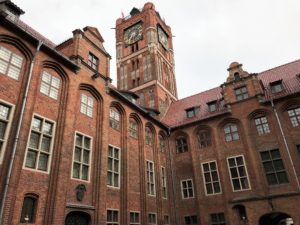
The medieval town of Torun built up within fortified defensive walls along the river during the 13th century. The town center was entirely surrounded by walls and a water moat extended away from the river.
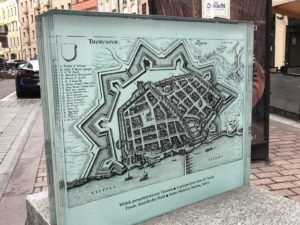
Much of Torun’s old town center still exists in the street form with the same churches as shown in the 1641 town diagram. Many of the town fortifications were destroyed during the Swedish siege in 1703. Those peaceful Swedes of today ravaged many towns across central Europe during military campaigns in the 1600s.
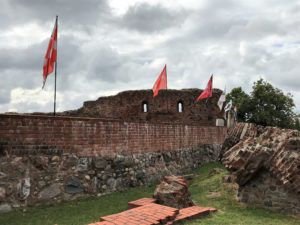
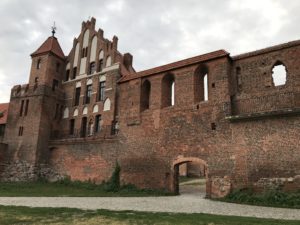
Malbork Castle, 150 km/100 miles to the north of Torun, was the main Teutonic Knights stronghold built in the 13th and 14th centuries in an immense Gothic-brick complex. Malbork is considered the world’s largest existing castle. A reasonable itinerary would be spending some time in Torun and a day at Malbork as an excursion to or from Gdansk.
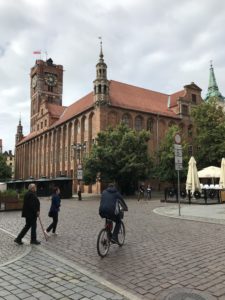
Anyway, much of medieval Torun is red brick Gothic architecture.
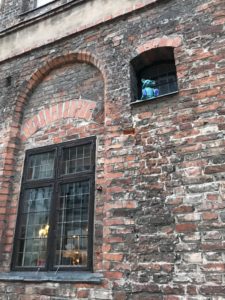
Getting to Torun, Poland
While trip planning a month before, I debated between 44 hours in Warsaw with two hotel nights and then head for Gdansk on the Baltic Sea or stay overnight with just 18 hours in Warsaw, ride 4 hours on a bus and spend 22 hours in Torun, Poland, then 2.5 more hours on a bus to Gdansk. We had a beach resort hotel reservation at Sopot Marriott lined up that could not be moved to other dates.
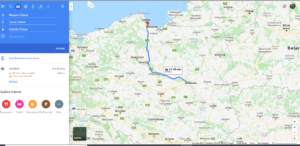
Torun was an attractive place to imagine myself with lines from Lonely Planet Poland providing a descriptively concise travel guide, “This magnificently walled Gothic town on the Vistula should be high on every traveler’s list, possibly as its delights seem low on everyone else’s, leaving visitors who make it here to revel unrestricted in its wealth of red-brick buildings, Unesco-listed sites and medieval city defences, all of which WWII mercifully decided to ignore.”
In short, Torun is a cute town with some old stuff and pretty building shapes to admire. A good size Old Town city center tourist area populated with restaurants, pubs, bars and museums and shops. A much larger modern city surrounds the Old Town. We saw very little of that area on our drive in and out of the city on Flixbus.
Torun is one of the older towns of Poland, where Teutonic Knights established a stronghold in the 1230s along the Vistula River about midway between Warsaw and Gdansk. The town became an important river trade port in the Hanseatic League. By 1300 a castle existed within defensive walls along the river front of what was known as Thorn. Citizens of Torun attacked and captured the castle from the Teutonic Order in 1454 and dismantled the fortress over decades.
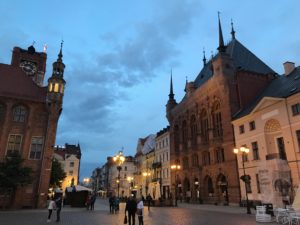
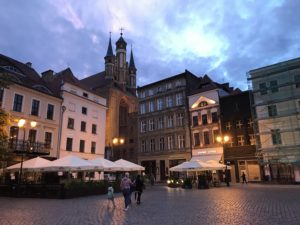
As a Tourist in Torun
The primary attraction for me as a tourist in Torun is the availability of low priced lodging in and around the Old Town center, combined with an abundance of restaurants and pubs in an area with relatively few cars on the streets.
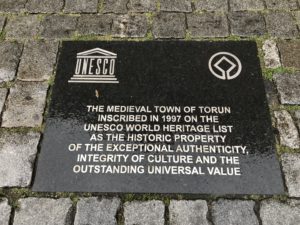
And Nicholas Copernicus was born in Torun in 1473.
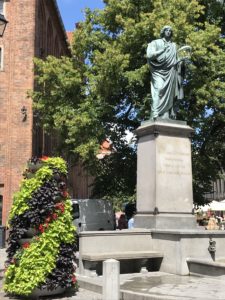


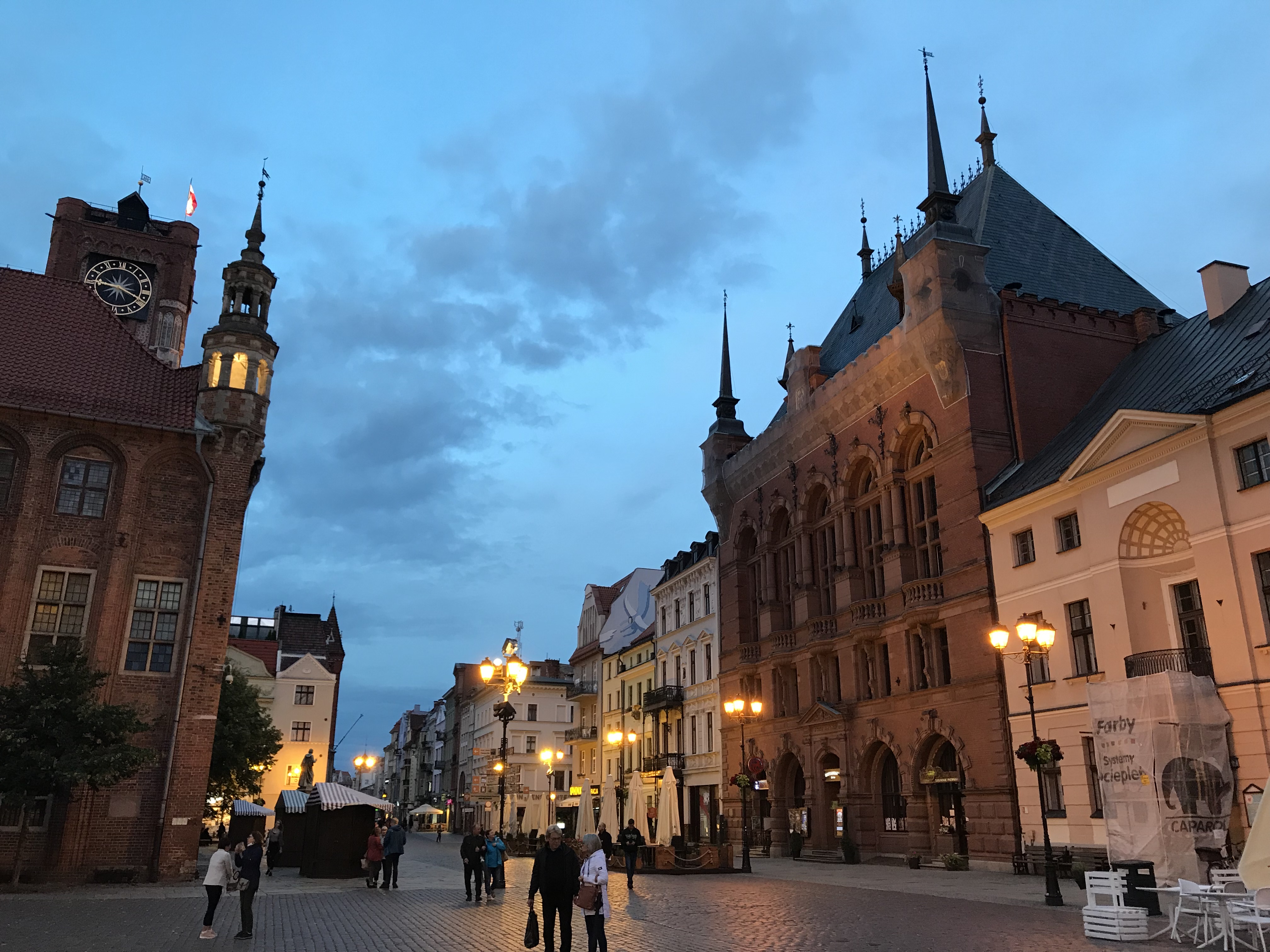
3 Comments
Comments are closed.